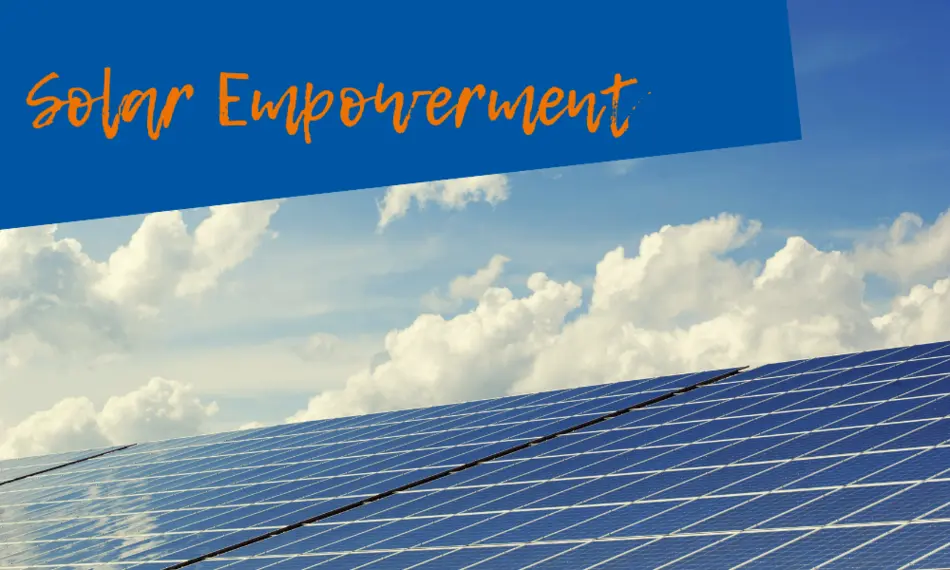How can energy be saved or produced in an environmentally friendly way? This question has become more urgent than ever, not least due to the noticeable progression of climate change and the war in Ukraine. One possible answer is for homeowners to invest in renewable energies such as photovoltaics – including at a private level. However, many of them have little or no idea of the potential their home has for this. The research project launched in 2022 aimed to change this.
The ThEGA used satellite data to determine the solar potential of thousands of buildings in Weimar and calculated how many photovoltaic modules could be installed on them and how much energy could be generated. In a second step, the University of Erfurt wrote to homeowners and informed them about their individual options for installing solar panels on their own roofs. At the same time, they were given the opportunity to obtain further information via various channels. In each letter, the cost of a PV system was calculated for the respective house and its roof area, how much electricity it would generate and when it would pay off. The responses were then analysed and evaluated.
Dr Thomas Lauer, Scientific Managing Director of the Erfurt Laboratory for Empirical Research at the University of Erfurt, led the project on behalf of the university. As a behavioural economist, he researches how people make decisions in an economic context. "The effort involved in searching for information and how the information is prepared plays a central role here," emphasises Lauer. "A project like 'Solar Empowerment' enables us to collect data on this not under laboratory conditions, but directly in the field. We were interested in the quantity, but above all the quality of the reactions – ultimately the question of whether individually tailored, detailed information leads to an intensification of photovoltaic expansion."
In the pilot project, the city of Weimar was actually able to boost the purchase of solar systems by sending personalised letters to 5,700 homeowners, the project participants reported at the presentation of the results. The letters had motivated many a homeowner to take a closer look at the topic of solar energy. In the end, 82 owners had demonstrably installed a solar system on the roof of their house. In total, private investments totalling around 1.5 million euros were triggered, the city's climate protection officer, Tobias Keppler, told MDR THÜRINGEN.
The pilot project has shown that Thuringians want to invest in the energy transition, but that they often lack the information tailored to their house or flat, the partners involved concluded. The findings from "Solar Empowerment" are now to be used to accelerate the expansion of alternative energies in other regions as well. According to Dr Thomas Lauer, other municipalities and regions have already expressed their interest.


